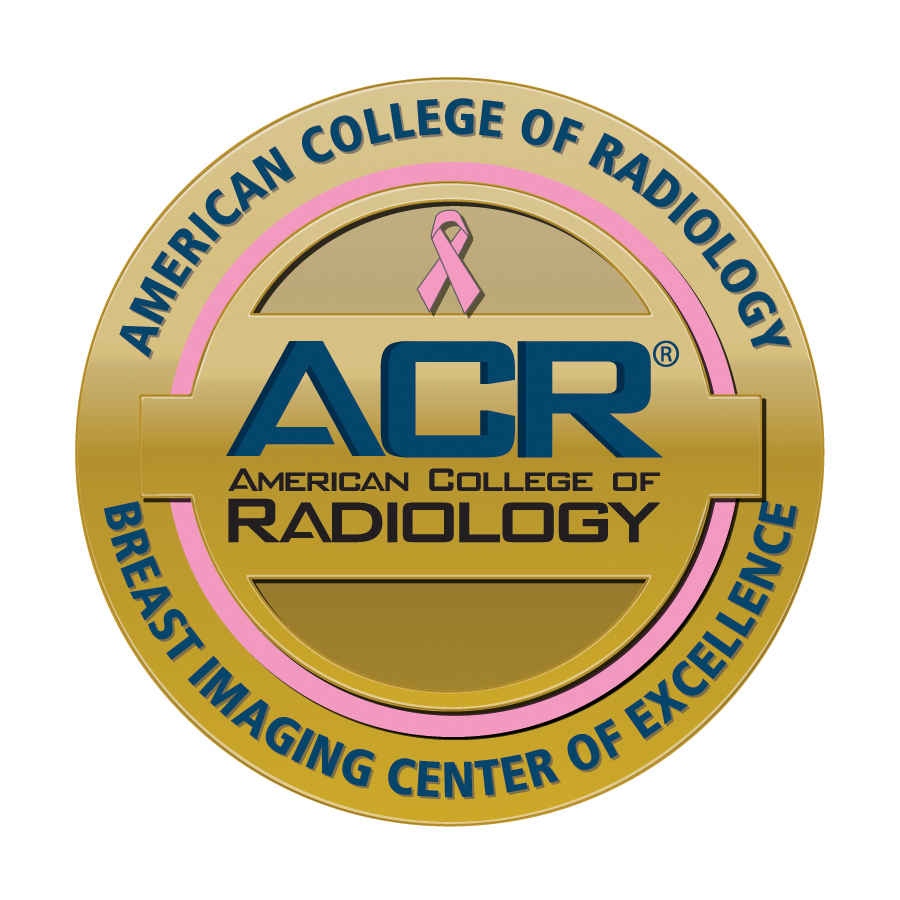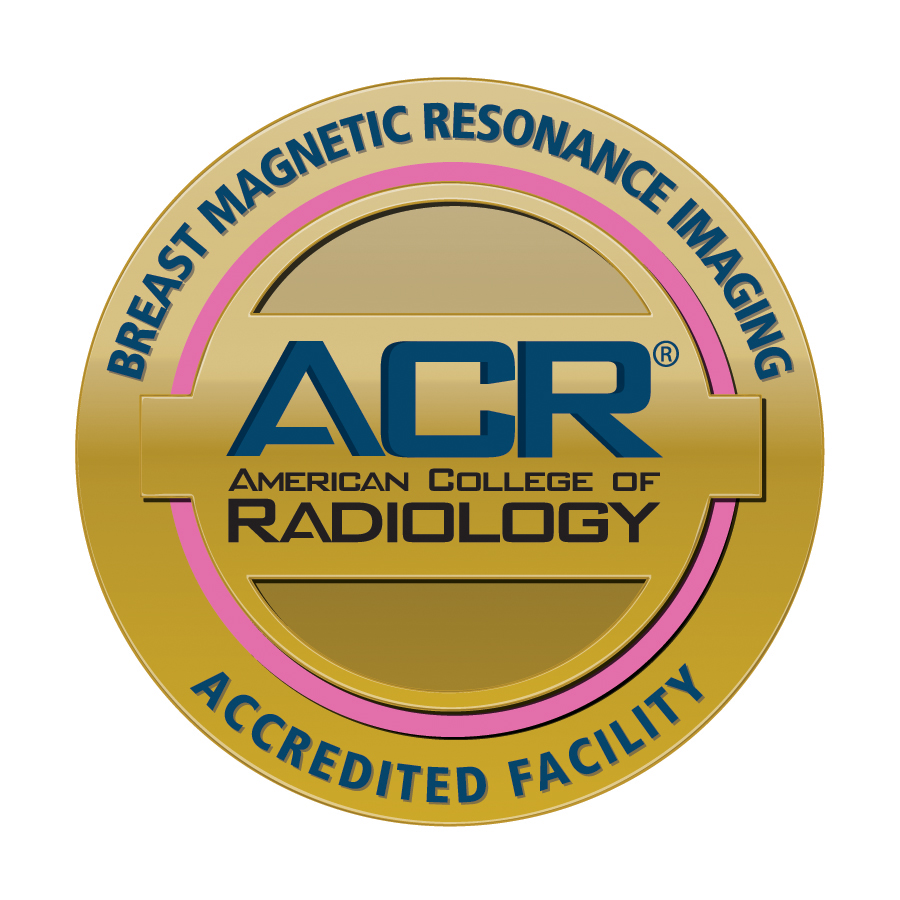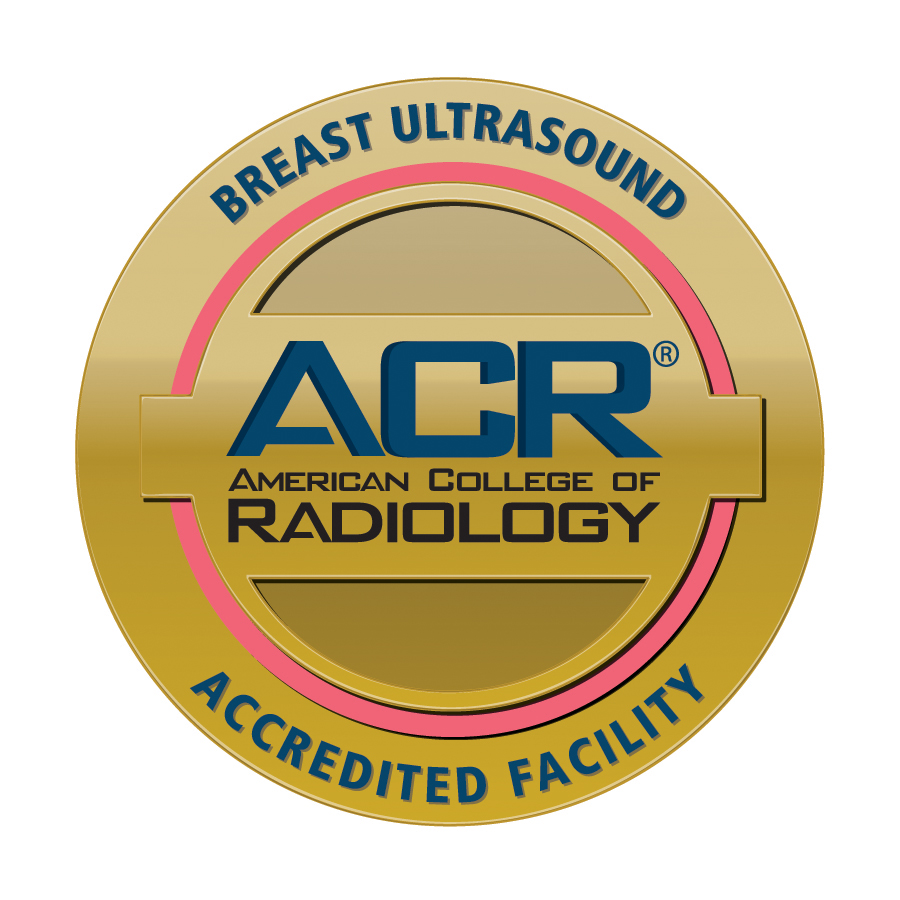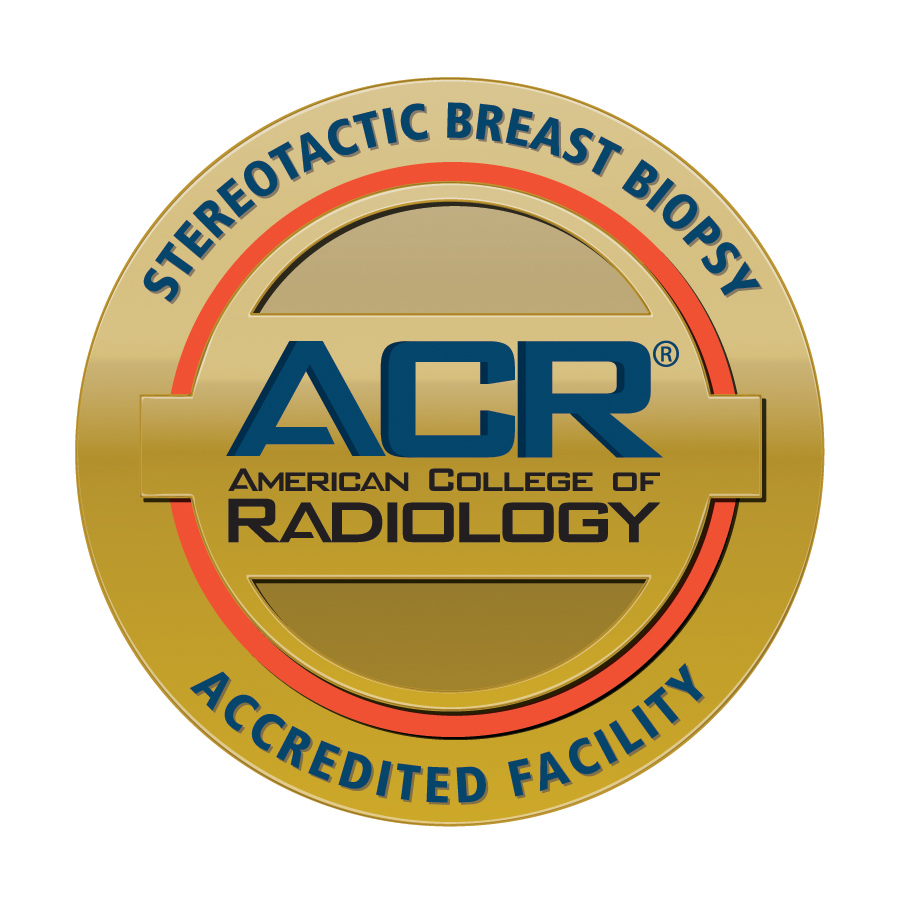Women’s Imaging is a subspecialty dedicated to the diagnostic needs of women through imaging and diagnosis of breast and reproductive diseases and conditions. This includes breast imaging services such as digital mammography, 3D mammography, breast ultrasound and breast MRI, as well as breast biopsies with stereotactic, ultrasound and MRI guidance along with pelvic ultrasound and bone density exams.
Find a location near you. We’re in your neighborhood.
Put your mind at ease.
We offer a wide range of advanced imaging services to get you the answers you’ve been looking for.
The accuracy of your diagnosis depends on subspecialized expertise.
Our Subspecialized Radiologists have additional fellowship training in their subspecialty, offering an invaluable depth of knowledge in their area of focus.
Neuroradiology is a subspecialty that requires expertise in diagnosing and evaluating injuries and diseases of the brain, nervous system, head, neck and spine using MRI, CT, x-ray, and ultrasound imaging tools. They also diagnose and treat disorders such as aging and degenerative diseases, seizure disorders, cancer, stroke, cerebrovascular diseases, and trauma.
Musculoskeletal Radiology is a subspecialty that requires expertise in diagnosing and evaluating the muscles and the skeleton with in-depth knowledge of disease state and treatment in these areas. They concentrate on orthopedics such as soft tissue injuries and shoulder, hip, wrist, and other joint damage using MRI, CT, ultrasound, x-ray, and other imaging tools.
Cardiac Radiology is a subspecialty that is dedicated to the diagnostic imaging and diagnosis of diseases of the heart and vascular or circulatory system, including blood and lymphatic vessels. They aim to evaluate and diagnose diseases such as heart disease, leaky heart valves, myocardial infarction, and defects in the size and shape of the heart using imaging tools such as cardiac MRI, cardiac CTA, nuclear cardiology and echocardiography.
Thoracic Radiology is a subspecialty that is dedicated to diagnostic imaging and diagnosis of diseases of the chest, especially the heart and lungs and surrounding tissue, using imaging tools such as x-ray, CT, CT angiography, ultrasound, and MRI. This includes lung cancer screening and malignancy and airway diseases such as asthma and COPD, lung disease and infection, and vascular diseases of the aorta and pulmonary arteries.
Body Imaging is a subspecialty that is dedicated to diagnostic imaging and diagnosis of diseases of the liver, bladder and kidneys through the imaging of the abdomen and pelvis, including the genitals, urinary organs and gastrointestinal tract. They also assist in fat and iron quantification and cancer staging. The primary tools used are fluoroscopy, ultrasound, CT, MRI, CT/MR enterography, and MR Elastography.
A Pediatric Radiologist is an expert in the diagnosis, care, and management of congenital abnormalities, illnesses, injuries, and diseases in infants, children, and adolescents. They utilize all imaging tools necessary and continuously strive to reduce radiation exposure whenever possible by mainly utilizing ultrasound and MRI instead of CT whenever as well as implementing protocols that minimize radiation exposure.
Nuclear Medicine is a subspecialty that requires expertise in evaluating the structure and function of an organ, tissue, bone or system of the body using PET/CT and trace amounts of radioactive material. They perform diagnostic and therapeutic procedures to support patient management across a range of specialties including oncology, neurology, cardiology, endocrinology, gastroenterology, nephrology and orthopedics.
Vascular Interventional Radiology is a subspecialty with cutting-edge expertise in minimally-invasive, targeted treatments that are performed while using imaging guidance such as x-ray, CT, MRI and ultrasound. They concentrate on diseases that traditionally were treated with major surgery but are now more effectively treated with minimally invasive techniques. They treat a variety of conditions across multiple medical specialties including oncology, vascular medicine, hepatology, urology, gynecology and pediatrics encompassing both general medicine and surgery.
Neurointerventional Radiology is a subspecialty with cutting-edge expertise in minimally-invasive, targeted treatments that are performed while using imaging guidance such as x-ray, CT, MRI and ultrasound. They concentrate on diseases that traditionally were treated with major surgery but are now more effectively treated with minimally-invasive techniques to deliver therapeutic agents through a percutaneous route. They concentrate on conditions involving the brain, head, neck, spine and spinal cord, such as stroke, aneurysm, carotid arteries stenosis, subarachnoid hemorrhage, arteriovenous malformations, vascular malformations, venous abnormalities, and many more.
Emergency Radiology is a subspecialty dedicated to the diagnostic imaging and diagnosis of trauma, non-traumatic emergency conditions and acute illnesses presented in the emergency room. They primarily utilize x-ray, CT, ultrasound and MRI.
Emergency Radiology is a subspecialty dedicated to the diagnostic imaging and diagnosis of trauma, non-traumatic emergency conditions and acute illnesses presented in the emergency room. They primarily utilize x-ray, CT, ultrasound and MRI.
We are proud to be the Exclusive Radiology Partner of the Tampa Bay Lightning
Our Accreditations and Awards.
We work hard at setting the standard in radiology.











About our radiologists.
Learn more about the certifications and expertise of our trusted team of radiologists.





